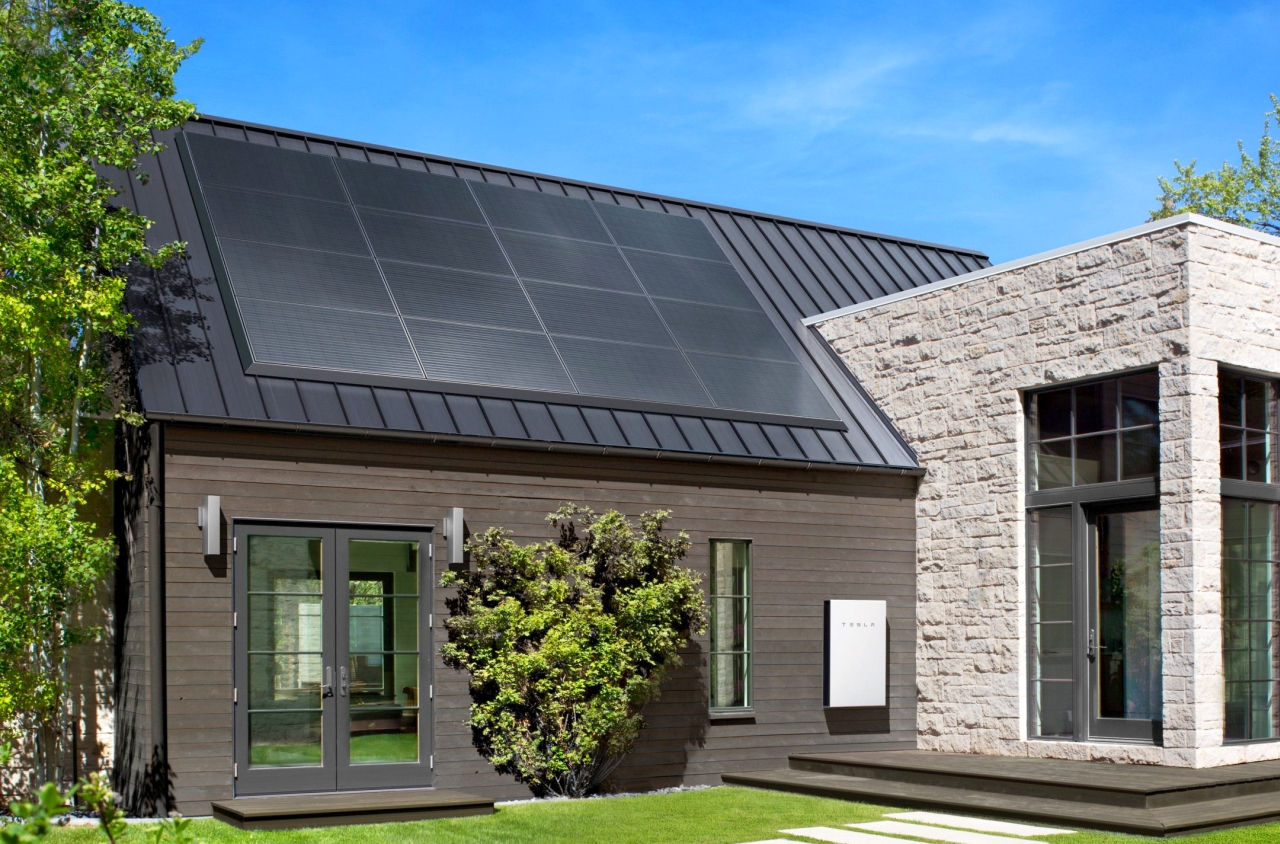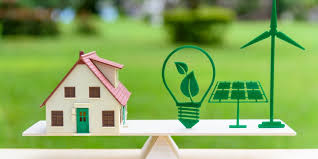
Energy-efficient homes offer a range of benefits that extend beyond just reducing utility bills. Here’s a breakdown of the advantages:
Cost Savings:
- Lower Utility Bills: Energy-efficient homes consume less electricity, water, and gas, resulting in reduced monthly utility expenses.
- Long-Term Savings: While initial investments in energy-efficient features might be higher, they often lead to substantial long-term savings due to reduced energy consumption.
Environmental Impact:
- Reduced Carbon Footprint: These homes contribute less to greenhouse gas emissions, aiding in the fight against climate change.
- Resource Conservation: Lower energy usage means reduced demand on natural resources like fossil fuels, water, and electricity from non-renewable sources.
Comfort and Health:
- Improved Indoor Air Quality: Proper insulation and ventilation contribute to better air quality, reducing the risk of respiratory issues and allergies.
- Consistent Temperatures: Energy-efficient designs maintain more stable indoor temperatures, enhancing comfort throughout the year.
- Noise Reduction: Well-insulated homes often provide better soundproofing, offering a quieter living environment.
Increased Property Value:
- Market Demand: Energy-efficient features are increasingly sought after, potentially making a home more appealing to environmentally conscious buyers.
- Higher Appraisal Values: Energy-efficient homes might receive higher appraisals due to their cost savings and eco-friendly attributes.
Government Incentives:
- Tax Credits and Rebates: Many governments offer incentives, tax credits, or rebates for homeowners investing in energy-efficient upgrades, reducing the overall cost.
- Regulatory Compliance: Some regions enforce energy efficiency standards, making it beneficial for homeowners to comply with these regulations.
Resilience and Future-Proofing:
- Energy Security: With rising energy costs and potential shortages, energy-efficient homes are more resilient to fluctuations in energy prices.
- Future-Proofing: As sustainability becomes a priority, energy-efficient homes are positioned to meet future demands and regulations, potentially retaining value over time.
Community and Social Impact:
- Environmental Responsibility: Owning an energy-efficient home showcases a commitment to environmental responsibility, inspiring others in the community.
- Community Health: Reduced energy consumption positively impacts the local environment, contributing to a healthier community.
These benefits collectively make energy-efficient homes a smart investment, offering financial savings, environmental conservation, improved comfort, and a positive impact on both individuals and communities.

 Facebook
Facebook
 X
X
 Pinterest
Pinterest
 Copy Link
Copy Link

